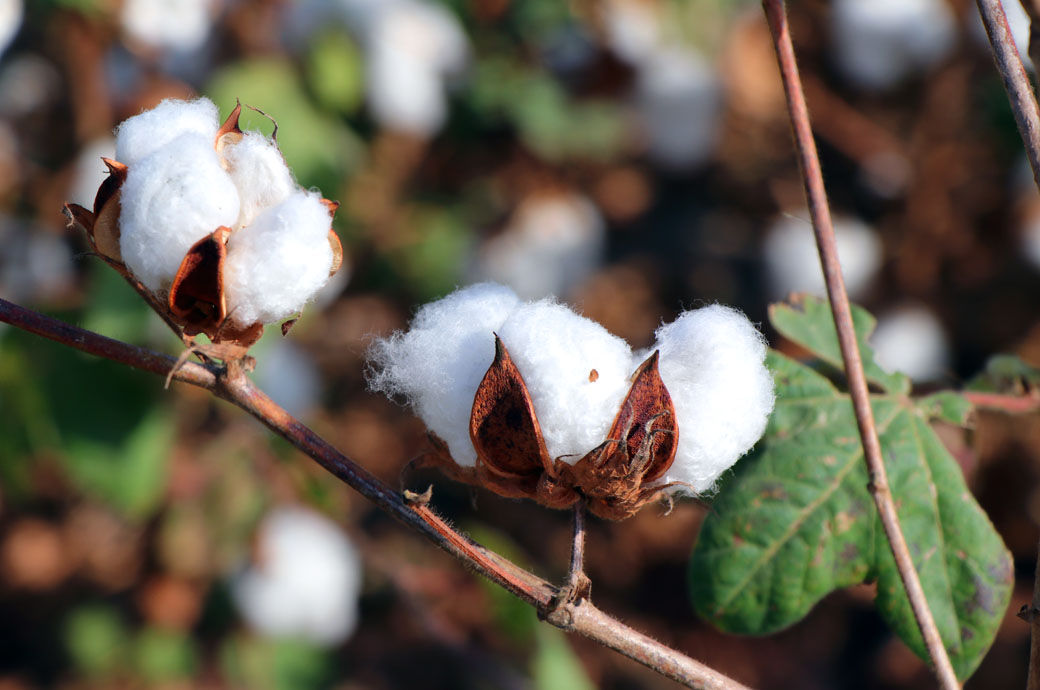

This is the second GM plant to be introduced in the country after Bt brinjal in 2014.
Addressing a seminar on the introduction of the varieties at the Cotton Development Board office in Dhaka, agriculture minister Muhammad Abdur Razzaque said at least a fifth of the domestic demand for cotton—around 15 lakh bales—can be met by locally cultivating the Bt and hybrid varieties.
Another 85 lakh bales of cotton are required by spinning and weaving industries for producing yarn and fabrics for export-oriented garment factories.
Domestic growers can, however, supply only two lakh bales, as a result of which Bangladesh imports a huge quantity of cotton from India, Pakistan, Brazil, Australia, Argentina and south African and central Asian countries spending around Tk 33,000 crore a year, domestic media outlets reported.
The average yield of Bt cotton is 4,500 kg per hectare—15-20 per cent higher than local varieties, while the production cost is 12-15 per cent lower.
Fibre2Fashion News Desk (DS)